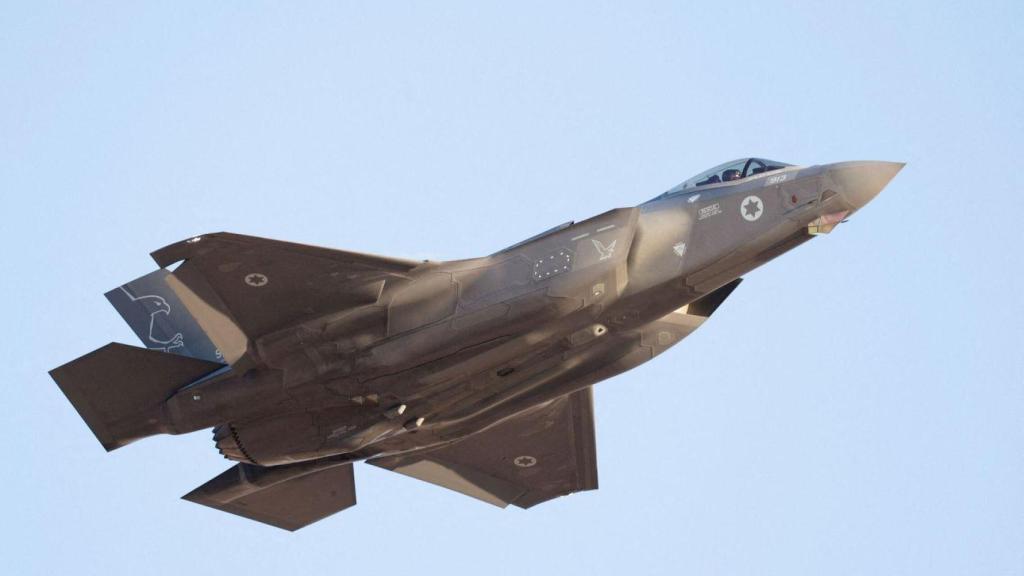The visit of the crown prince, Mohamed bin Salmana Washingtonnext week, can lay the foundations for a ambitious diplomatic agreement that allows great hope for peace in the Middle East.
As autumn 2023 begins, the Biden Administration the normalization of the bilateral relations between Israel and Saudi Arabia.
It was a giant step that came three years after the Abraham Accordsin which Bahrain and the United Arab Emirates had recognized the Jewish state and established diplomatic ties with it.
These negotiations were a hope for the palestinian peoplesince presumably Mohamed bin Salman, the Saudi crown prince, would get soften Netanyahu’s position regarding the two-state solution and was, above all, a setback for Iranwhich was completely isolated after the agreement of its two great enemies in the region.
In fact, the Abraham Accords themselves are only understood from the distrust of Arabs and Jews towards the regime of the ayatollahs.
It is no coincidence that everything fell apart with the savage attack by Hamas on October 7 of that year. Hamasthe terrorist group sponsored by Iran and Qatar, another traditional enemy of Saudi Arabia and Israelput an end to any possibility of agreement.
Aware that their massacre would entail an immediate and disproportionate reaction by Netanyahu’s government, Iran, through the terrorists, managed to deactivate diplomacy between the Saudis and Israelis.
“It is time for you to comply”
That does not mean that the negotiations did not continue in the most absolute secrecy. While In public, the Saudi monarchy condemned Israel and defended the Gazans; in privatebin Salman, known in the diplomatic sphere as MBS, continued transmitting Tanto a Joe Biden Como Donald Trump Su willingness to reach an agreement “once it’s all over.”
Now, according to the American president, is when the time has come. In a telephone conversation revealed by the news portal Axioshis own Trump reportedly demanded that the Saudi crown prince honor his word.
“The war in Gaza is over, we have done what you asked of us, it is time for you to comply,” would have been Trump’s words according to the sources consulted by the prestigious journalist Barak Ravid.
The topic will undoubtedly be one of the most important to discuss during MBS’s visit to Washingtonscheduled for Next Tuesday, November 18. The connection between the two leaders has been absolute since the New Yorker’s first term and both aspire to a Near East peaceful, without imperialism or dogmatism and focused on prosperity and commerce.
In that sense, during the trip that Trump made to the Saudi kingdom in May, they closed agreements worth about $600 billion. Something similar is expected to happen this time.
Overcoming Israeli suspicion
Now, for the official recognition of Israel and the addition of Saudi Arabia – it is also negotiating with Syria after the fall of Al Assad – to the Abraham Accords, something that, most likely, would give Trump his long-awaited Nobel Peace Prize, there are several obstacles to overcome.
The main one is, precisely, the supposed peace in Gaza and its terms. Although it has adhered to the so-called “Trump Plan,” Israel is not happy that it contemplates a future Palestinian state controlled by Fatah.
It is true that, for this, several assumptions have to be met: the total surrender of Hamasthe implementation in Gaza of an international force controlled by a coalition government and the subsequent transfer of power to the Palestinian Authority.
We would be talking about quite a few years, but the same thing that Saudi Arabia clings to is what Israel rejects outright, an opinion that is quite transversal in the Israeli political spectrum and in its civil society.
Most likely Mohamed bin Salman forces Netanyahu to some kind of express recognition of the two-state solution or at least still greater commitment to the Trump Plan.
That said, Israel also has its negotiating weapons: Saudi Arabia is seeking with the United States a defense plan similar to the one Washington agreed to with Qatar after the attacks on the Hamas delegation in Doha. In addition, it is seeking the sale of several state-of-the-art F-35s, weapons that only Israel has in the area.

An Israeli F-35.
Reuters
Technology agreements
And that is because, for decades, there has been a unwritten agreement between Tel-Aviv and Washington by which Israel not only has priority over any new American technology, but can veto the sale of that technology to Arab countries.
No doubt, Netanyahu would be willing to make no bones about it if Riyadh gave any sign of mayor diplomatic engagement. Perhaps not official recognition if the circumstances do not exist, but some type of commercial agreement, as happened at the time with the Emirates.
On the table, there will also be sale of chips and AI technology to Saudi Arabiasomething Israel will probably want to be consulted on. The problem for Netanyahu is that Trump is used to skipping all conventions and feels that the two countries owe him something, so he will try, above all, to reach an agreement that suits him, both economically and politically.
If Saudi Arabia and Israel want The United States brings peace to the Middle East and intervene against Iran when necessary, both will have to give in.
The extent of that concession is what needs to be discussed, while keeping an eye on Iran’s ability to rebuild its nuclear program or Hamas to try to remain in power in the region. Gaza Strip.
These are two issues that should not be considered closed, but that, if they are successfully closed, could usher in decades of peace in the Middle Eastsomething unimaginable for so long.

